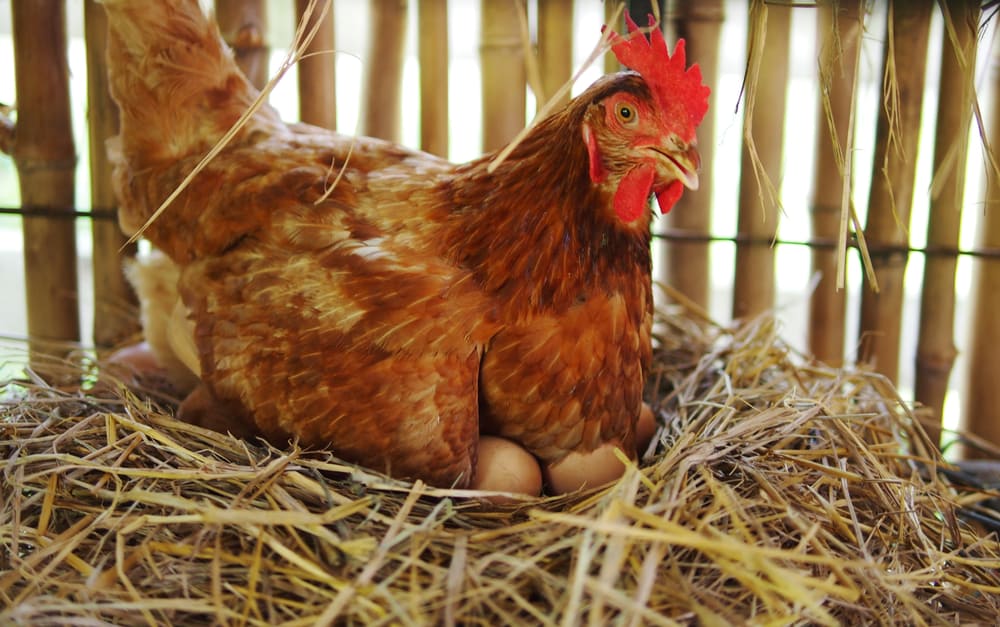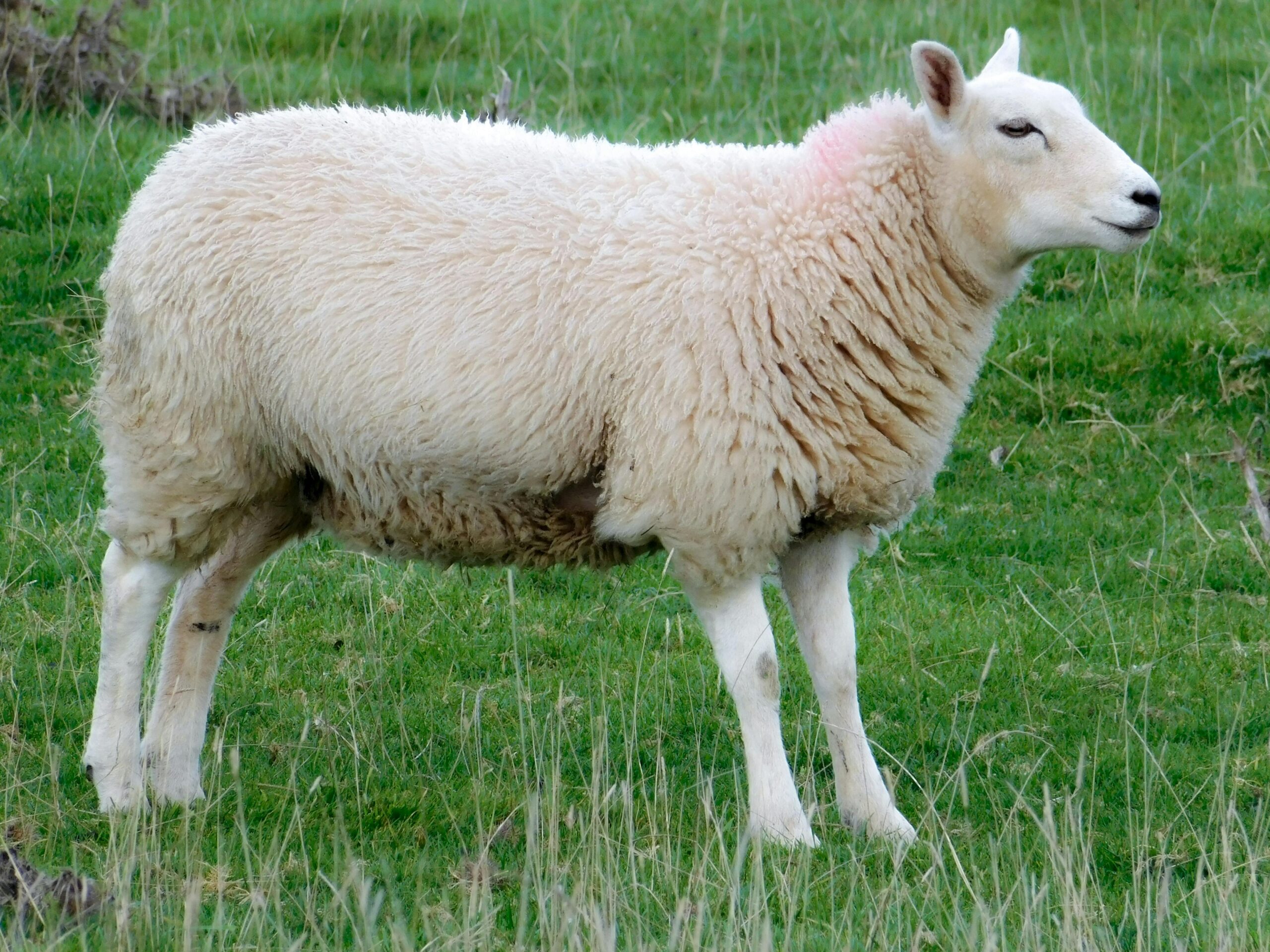How Many Eggs Does a Chicken Lay a Day? A Comprehensive Guide?
Raising backyard chickens or running a poultry farm comes with many questions, and one of the most common ones is, how many eggs does a chicken lay a day? Understanding egg production is essential for both new and experienced poultry keepers. In this article, we will explore the factors that influence egg-laying, breed variations, and ways to maximize egg production.
How Many Eggs Does a Chicken Lay a Day?
A healthy hen typically lays one egg every 24 to 26 hours, meaning most hens will produce around five to six eggs per week. However, this rate depends on multiple factors, including the chicken’s breed, age, health, environment, and diet.
It is important to note that hens do not always lay eggs daily due to the natural egg formation cycle. The egg production process begins when a hen ovulates, and it takes about 24 to 26 hours for the egg to be fully formed and laid.
Factors That Affect Egg Production
Chicken Breed
Some chicken breeds are more prolific layers than others. Here are some of the best egg-laying breeds and their average annual egg production:
- Leghorn – 280 to 320 eggs per year
- Rhode Island Red – 250 to 300 eggs per year
- Sussex – 250 to 275 eggs per year
- Plymouth Rock – 200 to 280 eggs per year
- Australorp – 250 to 300 eggs per year
Heritage breeds may lay fewer eggs compared to commercial hybrid breeds, which are bred specifically for high egg production.
Age of the Hen
Hens generally start laying eggs at around 18 to 22 weeks old. They reach their peak production between six months to two years of age. After this period, their egg production gradually declines by about 10-20% per year.
Light Exposure
Light plays a crucial role in a hen’s laying cycle. Hens need at least 12 to 16 hours of daylight to lay eggs consistently. In colder months, egg production may decrease due to shorter daylight hours. Poultry farmers often use artificial lighting in coops to maintain a steady laying pattern in winter.
Nutrition and Diet
Proper nutrition is essential for high egg production. A laying hen’s diet should include:
- Protein (16-18% for layers)
- Calcium (for strong eggshells)
- Vitamins and minerals (for overall health)
- Freshwater (constant access)
Hens fed a balanced diet with adequate nutrients will produce more eggs compared to those on a poor diet.
Stress Levels and Environment
Stress can significantly reduce egg production. Factors that contribute to stress include:
- Overcrowding
- Extreme weather conditions
- Predators and loud noises
- Sudden changes in the environment
Keeping hens in a calm, clean, and comfortable environment helps maximize their laying potential.
Molting Period
Hens naturally go through a molting phase once a year, where they shed old feathers and grow new ones. During this time, which lasts 6 to 12 weeks, egg production decreases or stops completely.
Health and Disease Prevention
Illness, parasites, or nutrient deficiencies can lead to reduced egg production. Regular veterinary checkups, proper vaccinations, and parasite control are vital to maintaining a healthy flock.
How to Maximize Egg Production
To ensure your hens lay the most eggs possible, follow these best practices:
- Choose High-Producing Breeds – Select breeds known for their strong egg-laying capabilities.
- Provide Sufficient Light – Ensure hens receive 14-16 hours of light daily.
- Feed a Balanced Diet – Provide high-quality feed rich in protein, calcium, and vitamins.
- Keep the Coop Clean and Safe – A stress-free, predator-proof environment promotes better laying.
- Monitor for Illnesses – Regular health checks prevent diseases that affect egg production.
- Minimize Stress – Reduce overcrowding and provide comfortable nesting areas.
- Ensure Proper Hydration – Hens need access to clean, fresh water at all times.
FAQs About Chicken Egg-Laying
Can a Chicken Lay More Than One Egg Per Day?
No, the egg formation process takes about 24 to 26 hours, meaning a hen cannot naturally lay more than one egg per day.
Why Did My Chicken Stop Laying Eggs?
There are multiple reasons why a chicken may stop laying eggs, including:
- Aging
- Stress
- Poor nutrition
- Disease or illness
- Molting period
- Seasonal changes (shorter daylight hours)
How Long Do Chickens Lay Eggs?
Hens lay eggs consistently for about two to three years, with peak production in the first year. After this, their production slows but can continue for several more years at a reduced rate.
Do Roosters Affect Egg Production?
No, roosters are not necessary for egg production. Hens will lay eggs regardless of whether a rooster is present. However, a rooster is needed for fertilized eggs (for hatching chicks).
Conclusion
Understanding how many eggs a chicken lays a day is essential for poultry keepers. On average, a hen will lay one egg per day, but this depends on breed, age, nutrition, and environmental factors. By providing proper care, nutrition, and housing conditions, you can ensure optimal egg production in your flock. Whether you are raising backyard chickens or running a commercial poultry farm, knowing what influences egg-laying can help maximize your hens’ productivity.
You may also read: Lost Love Spells Healer: Can They Help You Reunite with Your Ex?











